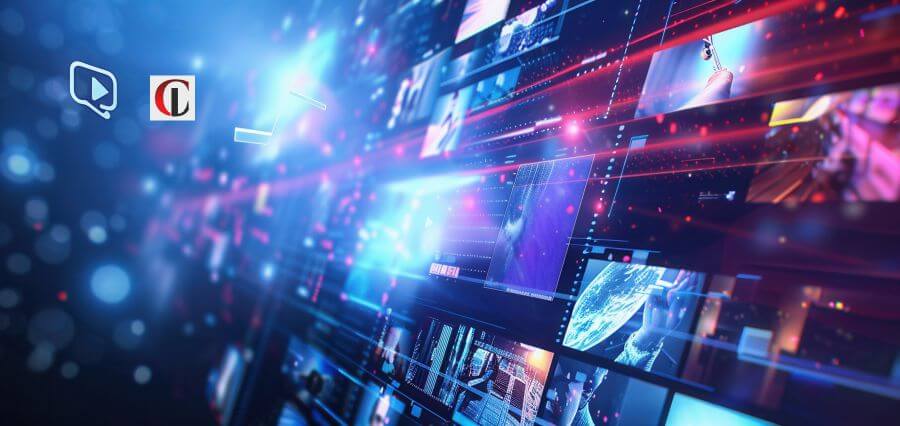For years the topic of Artificial Intelligence studying Human Behavior has been debated over and over, but people are divided.
Some consider this study a stepping stone toward identifying vulnerabilities in human behaviors and utilizing them to influence decision-making. In contrast, some believe that AI is taking over human life.
Humans are surrounded by Artificial Intelligence, from their smart devices that are consistently around them, transforming every aspect of life. Millions of people find it convenient that a form of Artificial Intelligence studies them daily, making their life more accessible, which is astonishing. However, behind everything we come across on social media and website is an AI algorithm that somehow has or will modify human behavior. Several studies have stated that the numerous AI and Machine Learning (ML) have obtained insights into human behavior and psychology without concern over social media platforms. The pattern of likes sets you up with the content you consume, resulting in targeted ads and personalized content. These discoveries highlight AI’s power and underscore the need for proper governance to prevent misuse
Artificial Intelligence, combined with Neural networks, plays a significant role in recognizing the underlying relationships in a data set through a process that mimics how the human brain operates, much like how an ai girlfriend might learn and respond to your preferences and behaviors over time. Another factor that comes into play is variables from one’s entire digital footprint across every app they ever used. The data collected over the years contains everything from your usage patterns to your details. In short, the more you spend time online, the larger your digital footprint becomes.
Artificial Intelligence also refers to predictive analysis finding various gaps in the data and filling them with information about similar people like you. The more we are exposed to AI, the more it studies human behavior to pinpoint the exact pressure points for the desired outcome. Artificial Intelligence seeks out the intricate relationships between one’s multitude of variables, traits, and insecurities one may have no clue about, finding an algorithm that correlates. Chatbots are a great example of AI.
For instance, watching a particular video on social media can lead a person to buy a product online, showcasing how Artificial Intelligence can steer human decision-making through interaction over these devices. Enhanced behavioral sciences and public policy to improve social welfare to understand and influence how people adopt different habits. However, if implemented correctly, Artificial Intelligence and Machine Learning can be utilized to recognize people’s vulnerabilities in dire situations, assisting them in avoiding making poor choices.
Often, these algorithms learned from AI do not have ethical parameters built and are optimized toward behavior modification focused on making people buy products, cast a vote, donate, surrender free will and offer more information. The level of conscious awareness is lost when people are manipulated with precise tactics to get dedicated outcomes.
Any technology can be used in good, bad, or ugly ways, which means they are to be adequately governed, ensuring that it is implemented responsibly. AI and ML are hungry for data, meaning we, the people have to be self-aware to share what we want and don’t pave a path to a better future.





